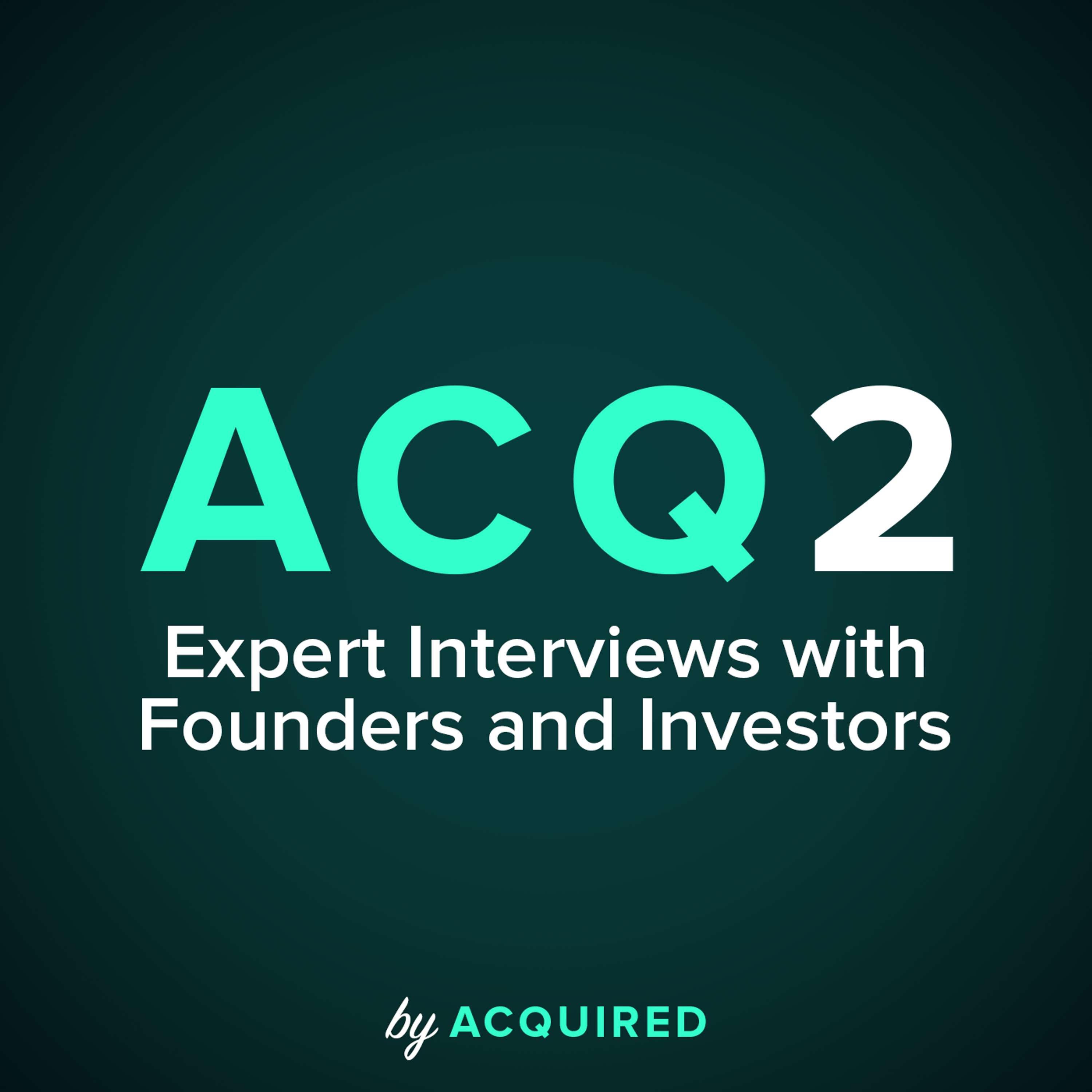
NZS Capital Part II: What’s Going on in Today’s Markets? (Plus more Semiconductors!)
2022/2/4

ACQ2 by Acquired
B
Ben
无相关信息。
B
Brad
联合创立了伯克利麦金塔用户组,并推动了麦金塔社区的发展。
J
John
一位专注于跨境资本市场、并购和公司治理的资深律师。
Brad Slingerland认为当前市场波动是由于疫情后的经济刺激、供应链问题和通货膨胀导致的,市场正在努力寻找新的平衡点。他将投资分为“韧性”和“选择性”两类,并在市场波动时调整投资组合。他认为,长期来看,增长型资产仍然具有吸引力,并且科技公司拥有提高价格的能力,但最终消费者价格上涨可能会导致需求下降。他还分析了亚马逊和Netflix对价格上涨采取的不同策略,这反映了他们对自身业务的评估。他认为,全球经济正在经历模拟到数字的转变,这将导致权力法则、递增收益和网络效应的出现。他认为,模拟到数字的转变、半导体、软件和云计算、以及工业公司的数字化转型是重要的长期趋势。他还讨论了人口增长和劳动力供应对经济的影响,以及技术如何作为一种反通货膨胀的力量。
John Bathgate认为,半导体行业表现相对强劲,但市场存在“婴儿与洗澡水一起倒掉”的现象。他认为,许多被归类为高增长股票的公司实际上是盈利且现金流充裕的。他认为,半导体行业长期向好,但短期内可能面临库存调整的风险。他认为,半导体公司拥有提高价格的能力,但最终消费者价格上涨可能会导致需求下降。他还讨论了英伟达等公司从韧性投资转向选择性投资的情况。他认为,市值超过1.5万亿美元的公司通常具有韧性,而像特斯拉这样的公司则具有选择性。他认为,半导体行业长期向好,但短期内可能面临库存调整的风险。他还讨论了公司如何通过提高生产力来应对劳动力短缺的问题。
Deep Dive
The conversation delves into the current market volatility, attributing it to the tension between inflation fears and the economy's fragility, with the market struggling to find a homeostasis point.
Shownotes Transcript
Back by popular “Acquired demand” (plus we really wanted to have this conversation for our own edification!!), friends of the pod NZS Capital return to talk about what’s going with the current market gyrations, and for a much-needed refresher on how to invest when — surprise — knowing the future is still an impossible task. As always we left this conversation with renewed appreciation for the NZS approach and the utility of their resiliency + optionality mental model. This is not one to miss!
Sponsors:
\